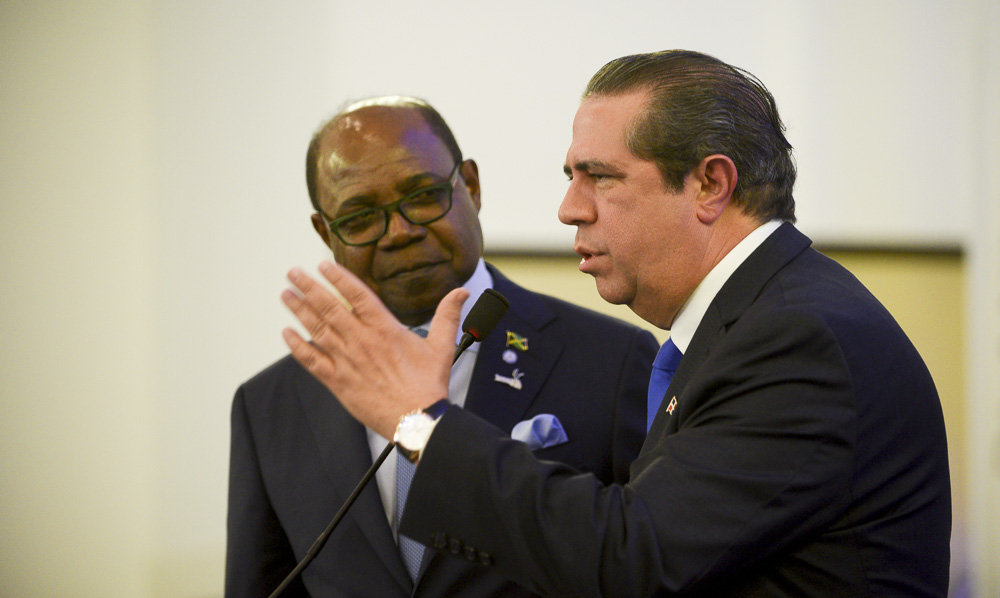This post may contain affiliate links. We may earn money or products from the highlighted keywords or companies or banners mentioned in this post.

Photo: William Murphy
WHEN J.K. ROWLING published the first Harry Potter book in 1997, she put her American publishers in a bit of a bind. The book title, Harry Potter and the Philosopher’s Stone, was changed to Harry Potter and Sorcerer’s Stone in the United States. This was because the US publisher, Scholastic, thought children wouldn’t buy a book with the word “philosopher” in the title, even if it was one of the best children’s books of all time.
Rowling later regretted the decision. The “philosopher’s stone” was believed to be an actual alchemical substance at one time, while the “sorcerer’s stone” was, more than anything else, a symbol of the Disneyfication of American culture. But retitling is hardly a new thing. The US and UK swap culture with each other all the time, but thanks to differences in our dialects of the English language, sometimes the titles don’t change over all that well. Here are some more.
1. Teenage Mutant Ninja Turtles
In the UK, children of the ‘80s will likely remember not the Teenage Mutant Ninja Turtles but the Teenage Mutant Hero Turtles. “Ninja” was deemed to have connotations that were too violent, so it was replaced and Michelangelo’s nunchucks were changed to a grappling hook.
2. Clue
Americans grew up playing the boardgame Clue — in the UK, it’s Cluedo. The UK actually had it first (as you may have been able to tell from the incredibly British characters), and the name was a pun on a similar dice-rolling game, Ludo.
3. Man vs Wild
Bear Grylls is a badass, right? Okay, good: both countries can agree on that. But in the UK, his show is called Born Survivor. A man drinking his own piss by any other name…
4. Snickers Bar
Until 1990, in the UK Snickers Bars were called Marathon Bars.
5. The Mighty Ducks
In the UK: The Mighty Ducks are the Champions. Thanks, Britain. Thanks for spoiling the ending of the goddamn movie and depriving your youth of one of the greatest cinematic masterpieces of all time. Also, their title for D2 was just The Mighty Ducks. I mean, god dammit.
6. Patton
The American movie about one of the greatest US generals is considered a classic in both countries, but in the UK, the title hints a bit harder at what an egomaniac the general was by calling it Patton: Lust for Glory.
7. The Golden Compass
The first book in British writer Philip Pullman’s amazing His Dark Materials children’s series was called Northern Lights in the UK. Given the title of the trilogy — the other two books are named The Subtle Knife and The Amber Spyglass — I suppose the US title fits the theme a little bit better, but otherwise, the change is inexplicable.
8. The Avengers
In the US, the name Avengers is mostly tied to the Marvel comics superhero team. In the UK, it’s tied to a ‘60s era spy show that can perhaps be best described as “incredibly British.” When Marvel’s movie came out, it was retitled Avengers Assemble.
9. Chicken Little
The famous folktale features characters like Henny Penny, Cocky Locky, Goosey Loosey, Turkey Lurkey and Foxy Loxy, so it makes sense that the title character in the UK isn’t Chicken Little, but Chicken Licken. Maybe Americans didn’t want to give KFC’s Finger-Lickin’ Good Chicken the satisfaction of hijacking their folk tales.
10. Where’s Waldo?
It came from Britain first — and there, it’s called Where’s Wally?
11. Sega Genesis
It’s Sega Mega Drive in the UK and most of the rest of the world. There was a trademark dispute for Mega Drive in the US.
12. Live Free or Die Hard
“Live Free or Die” is the motto of New Hampshire. Brits don’t know the motto of New Hampshire, so they went with Die Hard 4.0. Their retitling, sadly, did not improve the quality of the movie.
13. Harold & Kumar Go to White Castle
White Castle isn’t a thing in the UK, so the movie was renamed Harold and Kumar Get the Munchies. We should point out, though, that White Castle isn’t a thing in huge chunks of the United States, and that didn’t seem to be a problem.












